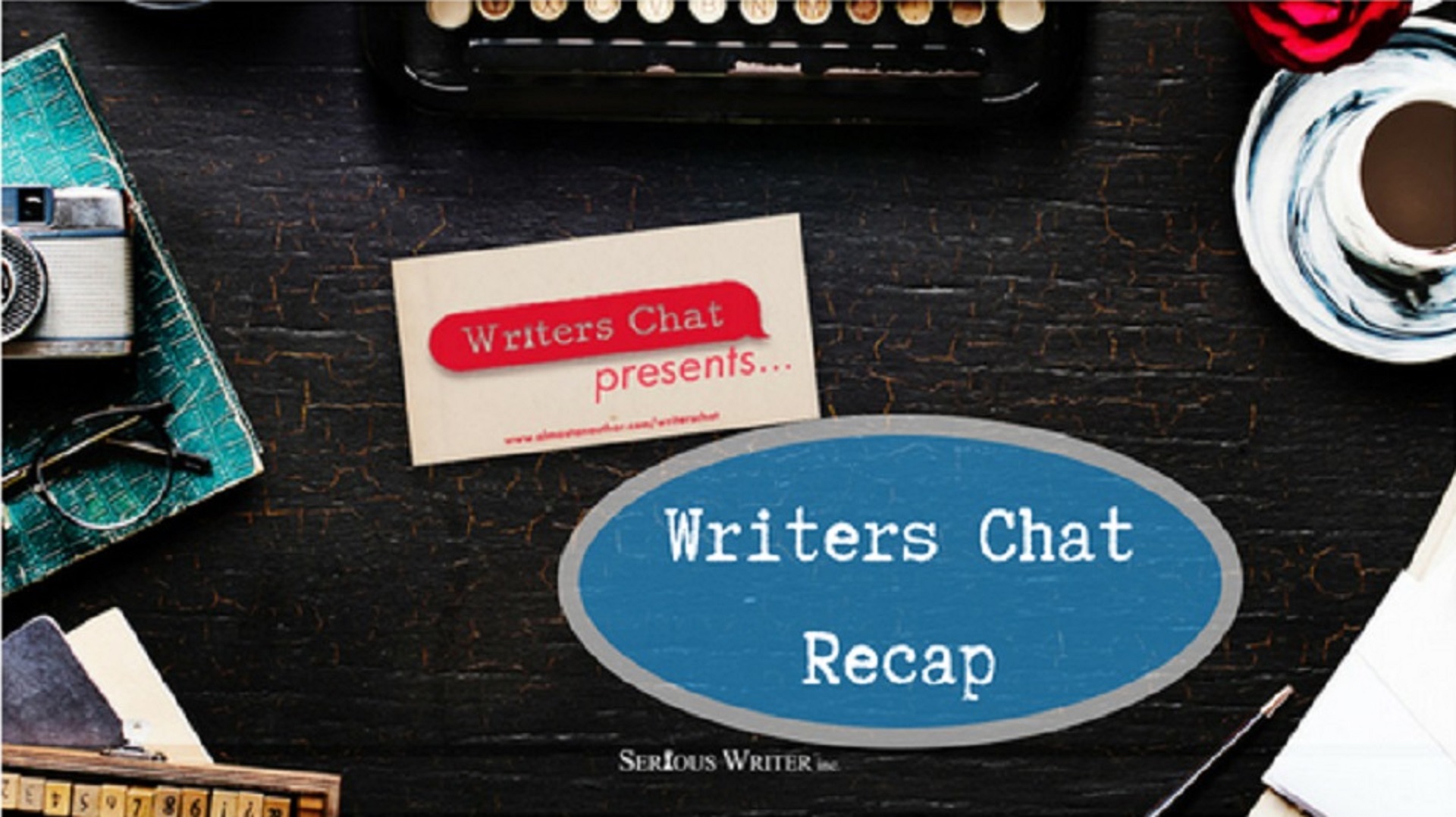
When Writing Goals and Reality Collide
Beginning a new year tends to motivate people to get organized, start new projects, or finish ones they’ve ignored…
January 27, 2023
Beginning a new year tends to motivate people to get organized, start new projects, or finish ones they’ve ignored…
January 27, 2023
As the year draws to a close, it’s a good idea to prepare for the year ahead. This post…
December 22, 2022
As the year comes to an end, we are all eager for a new year and a new start.…
December 29, 2021
As we start a new year, most people have decided upon New Year’s resolutions, or made new goals. Most…
January 29, 2021
Happy 2021, my MG friends! Anyone else excited about having a fresh, clean, slate of months ahead in which…
January 16, 2021
Do you procrastinate when it comes to creating a book proposal? You aren’t alone and it is common among…
May 25, 2020
It’s a brand new year. That means a new start to achieving new goals and a fresh clean slate…
January 16, 2020
It is the dawn of a new year, even a new decade, and people are talking about goals. I…
January 6, 2020
I started out 2019 with one goal: to get a Christian Living or devotional book contract. That didn’t happen.…
December 19, 2019
If you are a writer, you have probably heard of NaNoWriMo—National Novel Writing Month. Maybe you’ve tried NaNoWriMo in…
November 8, 2019
This year has been a year of crazy weather in the South with abnormally high temperatures late into fall.…
October 29, 2019
Writers Chat, hosted by Jean Wise, Johnnie Alexander, and Bethany Jett, is the show where we talk about all…
July 31, 2019
Writing takes up a lot of time, and time is our most precious commodity. If you’re struggling to fit…
June 3, 2019
Tip #1 – Keep your eye on the goal With three seconds left on the clock all Tim could…
March 5, 2019
Writers Chat, hosted by Jean Wise, Johnnie Alexander, and Bethany Jett, is the show where we talk about all…
January 15, 2019
Hiking can quickly change from breathtaking scenery to a breathtaking fall. We have to watch our steps in order…
November 27, 2018
Write Every Day It’s oft-given advice for aspiring writers. If you want to become a good writer, you should…
September 8, 2018
When I was first asked to be a contributing writer to a new column on time management, at first…
September 5, 2018
Lots of people aspire to be writers. Not so many do the work to become one. The fact that…
August 8, 2018
[bctt tweet=”How to Set Writing Goals and Finish Your Book #writingtips @tessaemilyhall “] As a teen, you have…
December 29, 2015